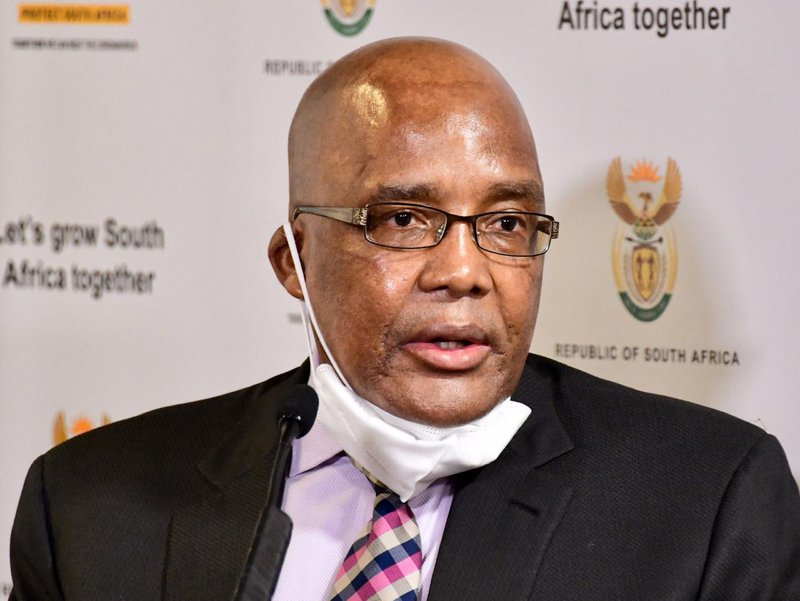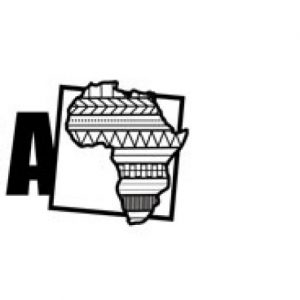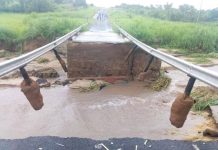The South African government recently indicated that it will not be renewing Zimbabwe Exemption Permits and gave thousands of permit holders a packing time of a year.
Those with skills and qualifications and those married to permanent residents or citizens should regularize their stay within the grace period, the statement implied.
The ZEP permit was designed to accommodate migrants who were skilled in odd fields but lacked the critical skills, expertise and qualifications to apply for mainstream permits offered by the Department of Home Affairs.
The majority of the holders of the special permits work in farms, restaurants, private homes and in the building industry as builders, plasterers, painters, tilers etc.
Now that the South African Government has indicated that it will not renew the permits – which were marked not renewable from the start – and whose holders have no merit whatsoever to apply for other available permits, many will be forced to face a dire socio-economic hailstorm as well as an unpredictable political scene in their home country.
In terms of the Immigration Directive 10 of 2021, holders of the ZEP “should apply for mainstream visas that they qualify for and ensure that their applications comply with the provisions and requirements of the Immigration Act and Immigration Regulations…” and that “[a]ll applicants with a ZEP must be allowed to travel freely in and out of South Africa until 31 December 2022.”
With galloping inflation, rising unemployment and a highly despondent citizenry the South African Government finds itself trapped in a political corner with no option but to please its electorate.
Lawyer Simba Chitando Messed Up
The legal challenge - a very unwise move by a purported Lawyer Simba Chitando - to try and force the South African Government to give permanent residence to ZEP holders did more harm than good.
It was by diplomatic arrangement and goodwill that South Africa offered to accommodate Zimbabweans who were running from upheavals in their own country and as such, the court challenge was very unnecessary and ill-advised.
“That permit was special. It is not in any act in South Africa. It was under special circumstances and you can’t live ‘special’ forever,” South Africa’s Home Affairs Minister Dr Aaron Motsoaledi clarified to the media.

Chitando had no right to represent Zimbabweans in South Africa without consulting them and moreover without approval from the Zimbabwean consulate. This means he was pursuing his own interests or those of his handlers. But in the process he worsened a volatile situation.
Immigration Directive
Immigration Directive 10 of 2021 states that “[a]ll companies, employers, learning institutes and banks are too kindly note that applicants who are in possession of a ZEP expiring on 31 December 2021 must be allowed to continue with their services, provided that they submit proof of application for a main stream visa in terms of the Immigration Act and Immigration Regulations. Proof of application must be a VFS receipt.”
The above directive does not only reflect a lenient approach by the Government of South Africa but also give ample time for the immigrants to prepare for an imminent flush-out.
The Zimbabwean regime under the leadership President Emmerson Mnangagwa, if ever it cares for its citizens must prepare a safe landing for the returnees either by engaging its South African counterpart or by packaging incentives for those who will return willingly and those who will wait to be deported.
There are a lot of successful Zimbabwean small to medium scale entrepreneurs who had set up vibrant businesses across the width and breadth of the South African economy. The majority of these innovative business people may fall short in terms of business capitalization and requirements to qualify for the mainstream business permit.
A lot of these businesses make way less than five million rand turnover per year hence may not fall into the investor category which South Africa wants to harness and attract.
Most of these start-ups will likely, simply close shop or liquidate.
What the Zimbabwean Government Should Do
The government of Zimbabwe should find a way of accommodating these businesses so that they find it easy to repatriate their capital, equipment and commence operations in Zimbabwe.
As it stands the duty free for returning residents caters for individuals while businesses have to pay full duty for equipment and machinery that they may want to import into Zimbabwe.
Section 120 (1) (b) of the Customs and Excise Act [Chapter 23:02] as read with Section 105 of the General Regulations (Statutory Instrument 154 of 2001) and Section 12 (3) of the Value Added Tax Act [Chapter 23:12] provides for a rebate of duty and Value Added Tax (VAT) on household and personal effects and other goods for personal use that are imported by qualifying individuals and not companies. Goods imported for commercial or trade purposes do not qualify for a rebate under these provisions.
An immigrant can import duty free;
- Personal and household effects such as clothing, linen and furniture.
- Motor vehicles limited to one vehicle per immigrant
Because of this, many Zimbabwean businesses operating in South Africa will be forced to abandon their investments, machinery and equipment which include eg yellow machines, trucks, tippers, crushers, plants unless President Emmerson Mnangagwa’s administration comes up with a plan to facilitate and ease business relocations at least by scrapping duty on such returning entities.
These returnees can form part of the investment cluster which Zimbabwe seeks as much as it will feed into ‘Zimbabwe is open for business mantra’.
As such, ZEP holders running businesses should engage their embassy and government in this regard before the grace period offered by South Africa ends.
Options for Zimbabweans to Extend Stay in South Africa
- Spousal / Life Partner Visa with Work Authorisation (if married or in a permanent relationship with a South African Citizen / Permanent Resident, subject to conditions).
- Relative’s Visa (if related to a South African Citizen / Permanent Resident who is either a spouse, parent or child).
- Critical Skills Work Visa (if holder of critical skills as set out in the Gazetted Critical Skills List issued by DHA).
- General Work Visa (if offered South African employment and approved by Department of Labour, subject to assessment).
- Study Visa (if enrolled /accepted to take up studies at a registered educational institution in South Africa).
- Business Visa (where you have your own business and meet the investment and labour requirements)
- Retired Person Visa (where the applicant has income exceeding R37,500 per month from a pension, irrevocable annuity or other income source)
These are the permit categories available for the ZEP holders if they meet minimum educational requirements, failure to meet such, would mean an end to legal existence in South Africa.
Victor Chipato is a Zimbabwean Journalist and entrepreneur based in Cape Town with over ten years of experience in Radio, Print and Online media. This analytical article reflects personal opinion.















[…] Also Read: Hard Options for ZEP Holders As South Africa Frowns On Immigrants […]